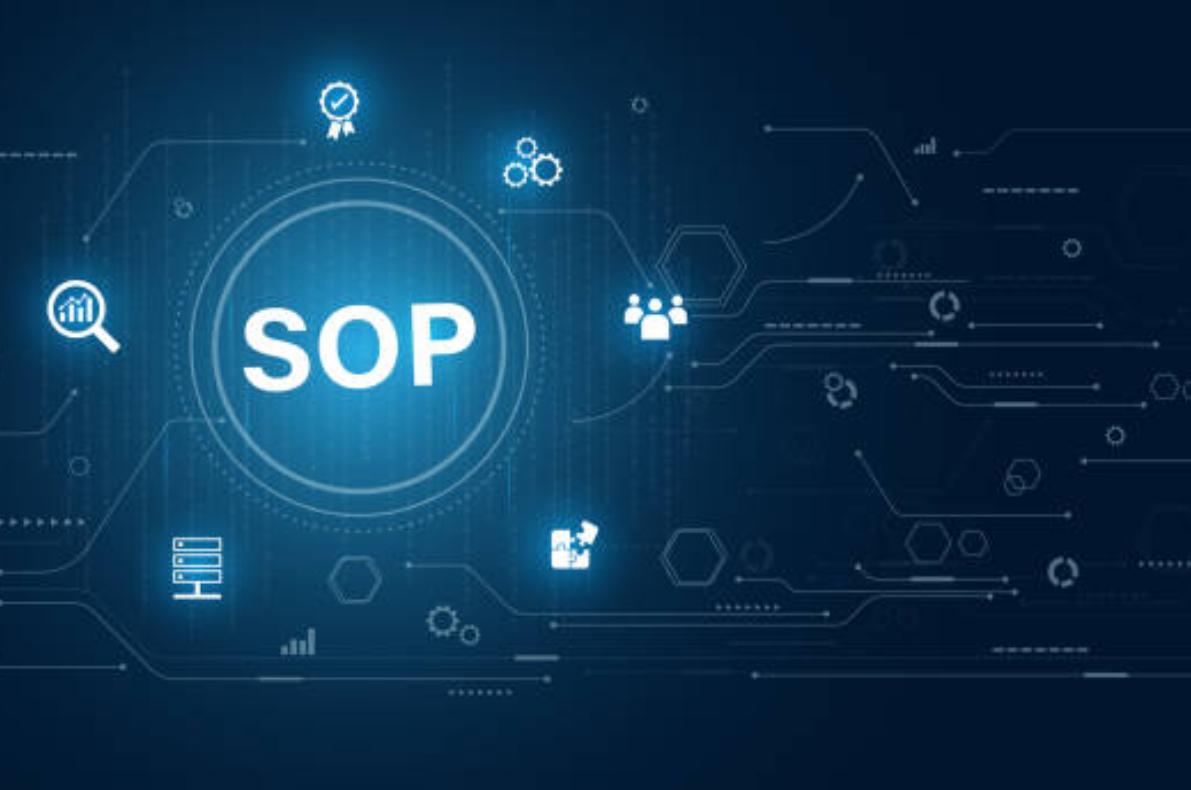The oil and gas industry are a major sector in the Malaysian economy contributing approximately 20% of the country’s GDP. It operates in a highly regulated environment, requiring firms to adhere to strict compliance standards to ensure safety, environmental protection, and operational efficiency. However, managing these compliance requirements comes with several challenges. Below are key challenges, with industry-specific examples to make them more relatable.
1. Complex and Evolving Regulatory Requirements
Example: A Malaysian offshore drilling company must comply with both local regulations (such as those from PETRONAS and DOSH) and international safety standards (such as ISO 45001 for occupational health and safety). When new environmental restrictions on emissions are introduced, the company struggles to quickly implement necessary procedural updates across all offshore rigs.
-
Companies must adhere to regulations set by agencies like PETRONAS, DOSH, and the Malaysian Energy Commission, along with international standards such as API (American Petroleum Institute) guidelines and ISO certifications.
-
Changes in regulations require immediate action, but due to manual processes, firms often struggle to update policies and communicate them effectively to employees.
-
Non-compliance can result in heavy fines, operational shutdowns, and even reputational damage.
2. Documentation and Policy Management Issues
Example: A refinery in Malaysia maintains safety protocols for handling flammable gases. However, due to poor document management, employees in different locations are referring to outdated SOPs, increasing the risk of accidents and non-compliance with regulatory audits.
-
Oil and gas companies rely on hundreds of policies and Standard Operating Procedures (SOPs) to manage operations, but poor document control leads to versioning issues and outdated procedures being followed.
-
A lack of a centralized repository means employees across different departments or locations may be working with inconsistent information.
-
During audits, retrieving the latest approved policies becomes a challenge, increasing compliance risks.
3. Ensuring Employee Compliance and Awareness
Example: A natural gas transportation company rolls out a new emergency response procedure for pipeline leaks. However, many field workers claim they never received the update, and there’s no system in place to track who has acknowledged the policy.
-
Simply having policies in place is not enough—employees must read, understand, and acknowledge them.
-
With large workforces operating in remote or offshore locations, ensuring awareness and compliance across all employees is difficult.
-
Tracking policy acknowledgment manually (via spreadsheets or email confirmations) is inefficient and prone to errors, leaving companies exposed to compliance failures.
4. Lengthy and Inefficient Approval Processes
Example: A Malaysian LNG plant needs to update its safety procedures due to changes in gas leakage detection protocols. However, the policy approval process is manual, requiring sign-offs from multiple departments. By the time the policy is approved, critical safety updates are already overdue.
-
Policy creation and updates require approvals from multiple stakeholders, including legal, HR, compliance, and operations.
-
Manual approval processes cause bottlenecks, delaying the implementation of critical safety and operational policies.
-
The lack of automation results in a lack of transparency and accountability in the approval workflow.
5. Lack of Audit Readiness and Compliance Tracking
Example: An oil exploration company is subject to an environmental audit, and the auditors request proof of employee training on hazardous waste disposal policies. The company struggles to gather records, leading to penalties for non-compliance.
-
Regular audits are a norm in the oil and gas industry, but many firms struggle to provide accurate records of policy compliance and employee training.
-
Without a proper tracking system, firms may fail to prove compliance, leading to regulatory fines and potential operational shutdowns.
-
Inconsistent enforcement of policies across different departments can lead to compliance violations and safety risks.
6. Security and Data Privacy Concerns
Example: A Malaysian offshore oil rig stores its emergency response policies on shared drives accessible by all employees. A contractor accidentally modifies a critical procedure, leading to confusion and potential non-compliance during an emergency drill.
-
Policy and SOP documents contain sensitive business information, making them a target for data breaches or unauthorized access.
-
Traditional paper-based or shared-drive storage systems do not provide sufficient security and access control.
-
Unauthorized modifications to critical policies can lead to serious safety hazards and regulatory violations.

How Titan’s Policy and SOP Management Solution Can Help
Titan’s Policy and Procedure Management Solution is designed to address the specific compliance challenges faced by oil and gas firms in Malaysia. Built within Microsoft 365 and SharePoint, it provides a secure, efficient, and automated way to manage policies, streamline approvals, and ensure regulatory compliance. Here’s how it helps:
1. Centralized Repository for Policies and SOPs
Example: Offshore drilling companies must comply with safety and environmental protection regulations, requiring updated SOPs for blowout prevention, hazardous material handling, and emergency evacuation.
-
With Titan, all safety policies and procedures are stored in a single, organized, and easily accessible location.
-
Version control ensures offshore teams always refer to the latest approved policies, reducing compliance risks.
-
The system maintains a complete audit trail of document changes and approvals, which is critical during safety inspections.
2. Automated Policy Approval Workflow
Example: A refinery introducing a new hazardous waste disposal policy must get approvals from HSE (Health, Safety, and Environment), legal, and operations teams. Manual approvals can delay compliance, exposing the company to regulatory fines.
-
Titan automates policy approval workflows with notifications and reminders, ensuring timely policy updates.
-
Reduces delays and eliminates the risk of policies getting stuck in manual approval loops.
-
Enhances transparency and accountability in policy creation and modification.
3. Employee Acknowledgment and Tracking
Example: A pipeline transportation company needs to ensure all field workers have acknowledged and understood the new SOPs for pipeline leak detection and response. Tracking this manually for hundreds of workers is inefficient.
-
Titan ensures all employees receive, read, and acknowledge policies through an automated attestation feature.
-
Tracks employee compliance and generates reports for management and auditors.
-
Helps HSE teams monitor which employees have completed necessary policy training.
4. Improved Audit Readiness and Compliance Monitoring
Example: An LNG (Liquefied Natural Gas) terminal undergoes annual safety and environmental audits. Missing policy compliance records could lead to hefty penalties or temporary shutdowns.
-
Titan provides real-time tracking of policy acknowledgments and employee compliance.
-
Ensures firms are always prepared for internal and external audits with readily available compliance records.
-
Reduces the risk of non-compliance penalties by maintaining a structured and traceable compliance process.
5. Secure Access Controls and Data Protection
Example: An oil exploration company needs to protect its environmental impact policies and drilling procedures from unauthorized access while allowing field engineers to view relevant guidelines.
-
Built within Microsoft 365, ensuring that all policy documents are stored securely within the organization’s own M365 environment.
-
Role-based access control ensures that only authorized personnel can edit or approve policies.
-
Eliminates the risk of sensitive information being stored in unprotected locations.
6. Seamless Integration with Microsoft 365
Example: A gas production facility using Microsoft Teams for daily operations needs a seamless way for employees to access updated safety protocols within their existing workflow.
-
Fully integrated within Microsoft SharePoint and Teams, allowing employees to access policies within familiar platforms.
-
Leverages existing M365 security features, reducing the need for additional third-party tools.
-
Ensures smooth adoption and minimal training requirements for employees.
Learn More: https://titanworkspace.com/
The Malaysian oil and gas industry faces significant policy and compliance challenges, from managing complex regulations to ensuring employee awareness and audit readiness. Titan’s Policy and Procedure Management Solution bridges these gaps by automating policy workflows, centralizing document management, and enhancing compliance tracking. By leveraging Titan’s platform, oil and gas firms can reduce compliance risks, improve efficiency, and create a more transparent and accountable policy management system.
Are compliance challenges slowing your business down? Discover how Titan can help: Titan Policy & Procedure Management



Your email address will not be published. Required fields are marked*